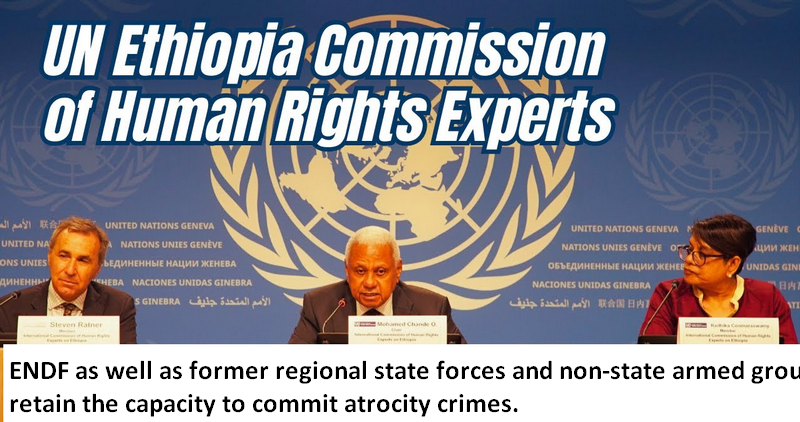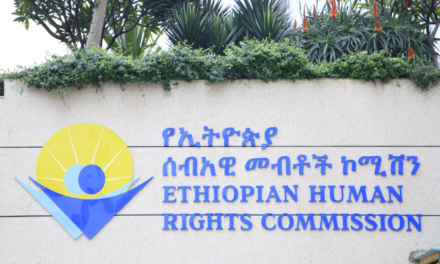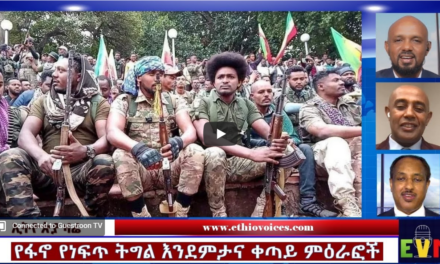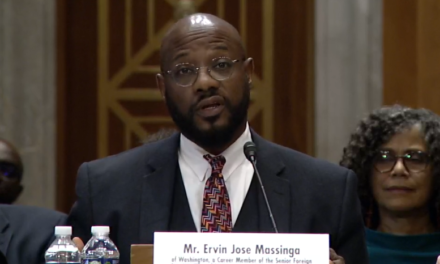By Abebe Gellaw
ENV, Oct. 3 — The International Commission of Human Rights Experts on Ethiopia has raised alarm over the acute risk of further atrocity crimes in Ethiopia, emphasizing the pressing need for international scrutiny and independent investigations. In an analysis submitted to the fifty-fourth session of the Human Rights Council, the Commission identified numerous indicators meeting the United Nations Framework of Analysis for Atrocity Crimes, signaling a high risk of atrocities.
Nearly a year after the signing of the Cessation of Hostilities Agreement (CoHA) between the Federal Government of Ethiopia and the Tigray People’s Liberation Front (TPLF), the human rights situation in the country remains deeply concerning. While the CoHA brought an end to the brutal fighting between these parties, other armed actors continue to perpetrate atrocities in various regions. The report highlights that the CoHA’s crucial provisions have yet to be fully implemented, and the national human rights situation has significantly deteriorated.
Key Findings
The Commission identified several common risk factors contributing to the precarious situation:
– Although the CoHA significantly reduced hostilities in northern Ethiopia, it did not halt serious human rights violations and atrocity crimes by armed actors. Certain regions in Tigray remain unstable or inaccessible, and the Government has failed to fully implement its CoHA commitments.
– The Commission’s analysis reveals reasonable grounds to believe that both state and non-state actors have committed gross violations of international human rights and humanitarian law, including war crimes and crimes against humanity. Many of these violations are ongoing, according to the commission.
– The report emphasized the role of hate speech and “exclusionary ideologies” in promoting and perpetuating atrocity crimes, particularly those widening divisions and hostilities between different identity groups. The report noted that “certain motives or incentives are more likely to [lead to] atrocity crimes, especially those that are based on exclusionary ideology, which is revealed in the construction of identities in terms of ‘us’ and ‘them’ to accentuate differences.”
– Lack of effective measures to ensure individual criminal accountability for war crimes during the conflict has contributed to an environment of impunity, the report said.
Ongoing Crises
The Commission expressed grave concern about ongoing armed clashes between Government forces and Amhara armed groups, including the Fano militia. These clashes have been reported across various zones of Amhara and have been accompanied by extrajudicial executions, large-scale detentions, and even drone strikes. Additionally, in Oromia, drone strikes have been documented as part of a counter-insurgency strategy against the Oromo Liberation Army (OLA).
With 20 million people in need of emergency relief, Ethiopia faces a dire humanitarian crisis. Political and social instability, coupled with economic challenges stemming from the conflict, heightens the risk of renewed tensions and conflict.
According to the Commission, the Ethiopian Government’s refusal to cooperate and its lack of response to requests for access or engagement have hindered efforts to address the crisis. The Commission also indicated that the Joint Investigative Team, established by the Ethiopian Human Rights Commission and the East African Regional Office of the Office of the High Commissioner for Human Rights, faced significant challenges, including harassment, intimidation of staff, and government restrictions.
The Commission stressed the need for continued international scrutiny and independent investigations into past and ongoing violations in Ethiopia. The report highlighted the presence of multiple risk factors for further atrocity crimes and called on the UN Human Rights Council to fulfill its mandate by responding promptly to the human rights emergency in Ethiopia and working towards prevention. The situation remains highly volatile, demanding immediate attention and action to protect human rights in the region.
Read the full report








